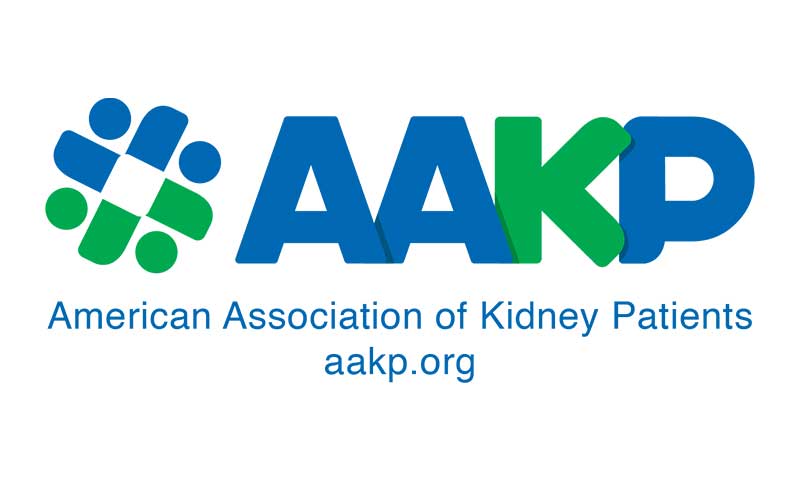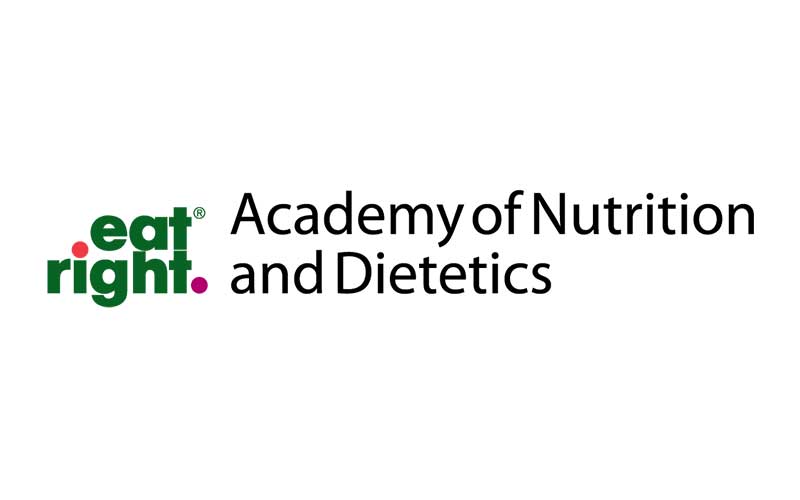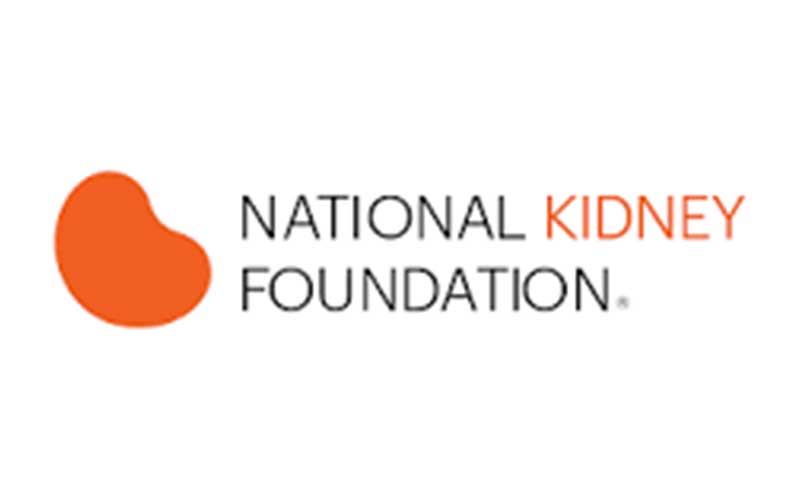


U.S. Food and Drug Administration
Dockets Management Staff (HFA-305)
5630 Fishers Lane, rm. 1061
Rockville, MD 20852
This letter represents a collaborative effort of the American Association of Kidney Patients (AAKP), Academy of Nutrition and Dietetics (The Academy), and National Kidney Foundation (NKF) to express our strong opposition to the FDA’s proposed rule that would amend the standards of identity (SOIs) to permit the use of potassium-based salt substitutes in foods for which salt is a required or optional ingredient.
We believe the communities of patients, medical experts, and nutritionists we represent are highly important stakeholders in the policy process related to this decision. Together, we are the nation’s two leading kidney patient and professional advocacy organizations and the flagship professional association for the field of nutrition and dietetics. We stand in unison on behalf of those affected by kidney disease and the nutrition experts that advise and support them. Any action by the FDA to move forward with this rule directly conflicts with the missions of our organizations and the lives of the patients and families we serve.
We would like to begin by applauding the FDA for its support of reducing dietary sodium intake across the United States (U.S.) population through the regulation of food products. As we all know, packaged and prepared foods are the greatest source of both apparent and hidden sodium in the American diet. Excessive sodium intake contributes to the high rates of hypertension and chronic kidney disease (CKD) currently seen in the U.S. – and at alarmingly younger ages.
It is estimated that 60 million Americans have salt-sensitive hypertension.1,2 While it is estimated that as many as 37 million Americans have chronic kidney disease (CKD), with as many as 90% of those individuals unaware that they have CKD, including end stage kidney disease (ESKD) or kidney failure.3,4
The cost of this disease to both patients and the American taxpayer is overwhelming. Kidney patients have a very high incidence of co-morbidities, and of the kidney patients on dialysis, their mortality rate averages 50% at 5 years. The cost to society goes well beyond human life, with the federal government currently spending over $130 billion dollars a year on kidney care, including dialysis.
On behalf of those with kidney disease and on behalf of the ~109,000 Registered Dietitians relentlessly working to support the many Americans in need of nutritional interventions, we appreciate the agency’s consideration of regulatory action to curtail these alarming numbers.
However, we must balance population health goals and the acute needs of an already medically complex population.
Many people with CKD, including those with kidney failure, cannot properly excrete potassium. When a high amount of potassium is consumed, including through the consumption of artificially added potassium (e.g., salt substitutes) it accumulates in the person’s body. This elevated level of potassium, medically known as hyperkalemia, can cause cardiac arrhythmias and sudden cardiac death.5 Immediate medical attention is required should a person recognize the signs hyperkalemia. Given the very high estimates of those who are unaware they have compromised kidney function and the clinical consequences of hyperkalemia, adding “hidden potassium” in the form of potassium chloride substitutes to the American diet is a risk that should not be taken.
We acknowledge that most Americans, including those with CKD, do not meet the recommended intake of potassium through consumption of fruits and vegetables. While we support efforts to increase Americans’ intake of potassium for overall health, adding potassium chloride to lower sodium in foods may further inhibit our CKD patient population from increasing fruit and vegetable intake.
Furthermore, CKD and ESKD disproportionately affect Black Americans, as well as other minority populations and those with lower income status and food insecurity.6 Therefore, the risks associated with the adoption of potassium-based salt substitutes would create more structural injustices and an additional layer of health disparity on an already stressed population.
It is not only those with kidney disease who may be affected should this proposal move to regulation. Other populations vulnerable to excessive potassium and associated health risks, because they too are unable to normally excrete it, include those with heart failure, diabetes, adrenal insufficiency, and those taking medications that impair potassium excretion (e.g., angiotensin-converting enzyme inhibitors, angiotensin-II receptor blockers, direct renin inhibitors, non-steroidal anti-inflammatory drugs, calcineurin inhibitors, heparin and derivatives, aldosterone antagonists and potassium-sparing diuretics). Persons with these conditions are medically encouraged to select foods that are low in sodium and, therefore will be placed at high risk for hyperkalemia should they consume sodium-substitutes that are potassium-based.
We respectfully urge you to reconsider the proposed rule and focus on safer and more effective ways to reduce sodium intake for the greater population. For example, the FDA might work with food manufacturers to develop alternate flavorings for their products or include use of salt alternatives that are not potassium based. The FDA, in collaboration with public and private agencies, might intensify public health education/public services announcements about the importance of reducing sodium intake and how to do so safely. Or the FDA might include expanding labeling regulations to list “added sodium” in the same way in 2018 the agency began listing “added sugar.”
If the agency chooses to move forward with the inclusion of potassium-based salt substitutes, it is strongly recommended that it include clear labeling of the added potassium to support high-risk populations making safe food choices. These efforts, in collaboration with kidney patients, dietitians, and physicians, would receive support from AAKP, AND, and NKF. They would also reduce the substantial costs to our organizations’ patient education campaigns on the risks of the FDA decision and make it easier for us to communicate agency intentions.
In summary, replacing some of the sodium in standardized foods with potassium chloride-based salt substitutes, would place the 37 million Americans with kidney disease at an increased risk of harm.
We encourage the FDA to examine other ways to support a healthier future for more Americans in need and are committed to providing the support and expertise of our collective organizations to that mission.
Thank you for your time and consideration.
Sincerely,
Diana Clynes
Executive Director
American Association of Kidney Patients
Jeanne Blankenship, MS, RDN
Vice President, Policy Initiatives & Advocacy
Academy of Nutrition and Dietetics
Ignacio Alvarez Fierres
Health Policy Director
National Kidney Foundation
CC:
Erin D. Kahle
Deputy Director, American Association of Kidney Patients
Sara Eve Schaeffer, MBA, MA, RD
Director-at-Large, American Association of Kidney Patients
Dr. Stephen Z. Fadem
Chair, Medical Advisory Board
American Association of Kidney Patients
Sharon Pearce
Senior Vice President of Government Relations
National Kidney Foundation
Catherine Rhodes, MS, RDN, LDN, CNSC
Renal Dietetic Practice Group, Academy of Nutrition and Dietetics
Mary Rozga, PhD, RDN
Nutrition Researcher II, Research, International and Scientific Affairs
Academy of Nutrition and Dietetics
Carly Leon MS RD CD CNSC
Director Healthcare Policy and Payment
Academy of Nutrition and Dietetics
























